No, They Should Not Have
November 14, 2020
As party polarization has gradually increased, the days surrounding the presidential elections have been tense and tiring. As Head of School Paul Stellato stated, “looking back on the notes I took after the 2016 event, I was reminded of how difficult the day after was: students, faculty and parents were exhausted, emotions on both sides ran high, and, in the immediacy of the moment, we had no room to process and reflect on the meaning of the event and its outcome.” Nevertheless, we should not have had the day after the presidential election off this year. In order for us as a community to truly be understanding and accepting of one another, we must feel safe and comfortable discussing our emotions and conflicting views. By having November 4 off, we were unable to do so and are deprived of the chance to do this for another four years.
We, as a community, have to reach the point at which we feel comfortable talking and debating about any controversial issue in a respectful manner. As sophomore Dhruv Balaji noted, “I think processing the results with your peers is an essential part of understanding political perspectives.” By not being with our classmates the day after the elections, we cannot understand their political perspectives and form new opinions based on their points of view. Echoing this sentiment, senior Nazareth Mehreteab said, “I think it’s not good that PDS is giving the day off because, as a school community, I believe we should have time to process and discuss the election results on November 4 whether that may be having an advisory meeting or US gathering.”
The presidential election is, without a doubt, one of the most influential events in our country. It decides who will be in charge of leading our country for the next four years. Although the election cannot be exactly compared to a sports event, they are similar in the regard that we cannot change the outcome once it has been decided. Because of this, we should not have delayed discussing the results with each other. With portions of our community supporting one candidate and others supporting the opposing candidate, it was not possible that both groups would be content with the outcome. As such, it is imperative that we are not separated from each other, but instead have the chance to talk to one another and figure out the next steps that we can take to support one another while maintaining our political perspectives.



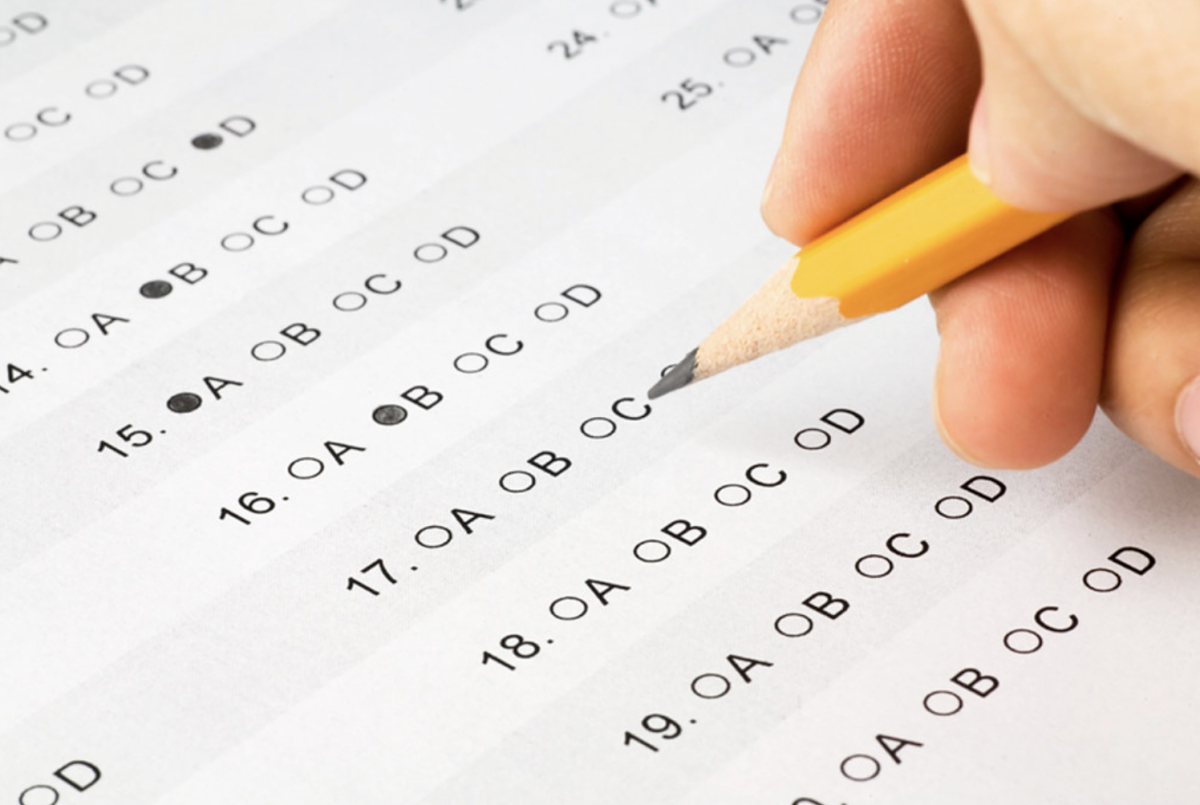
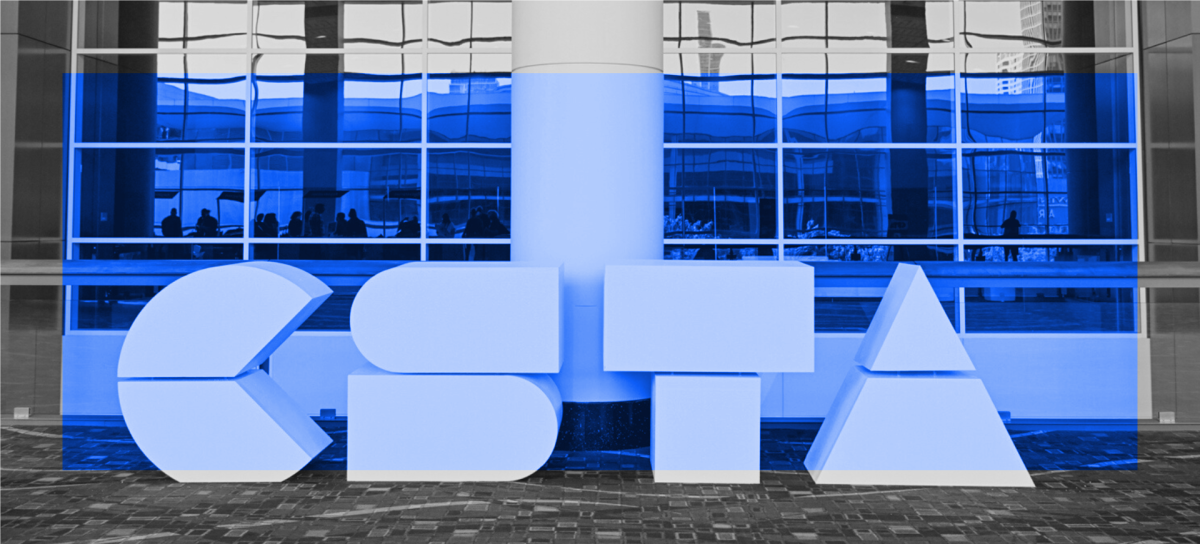
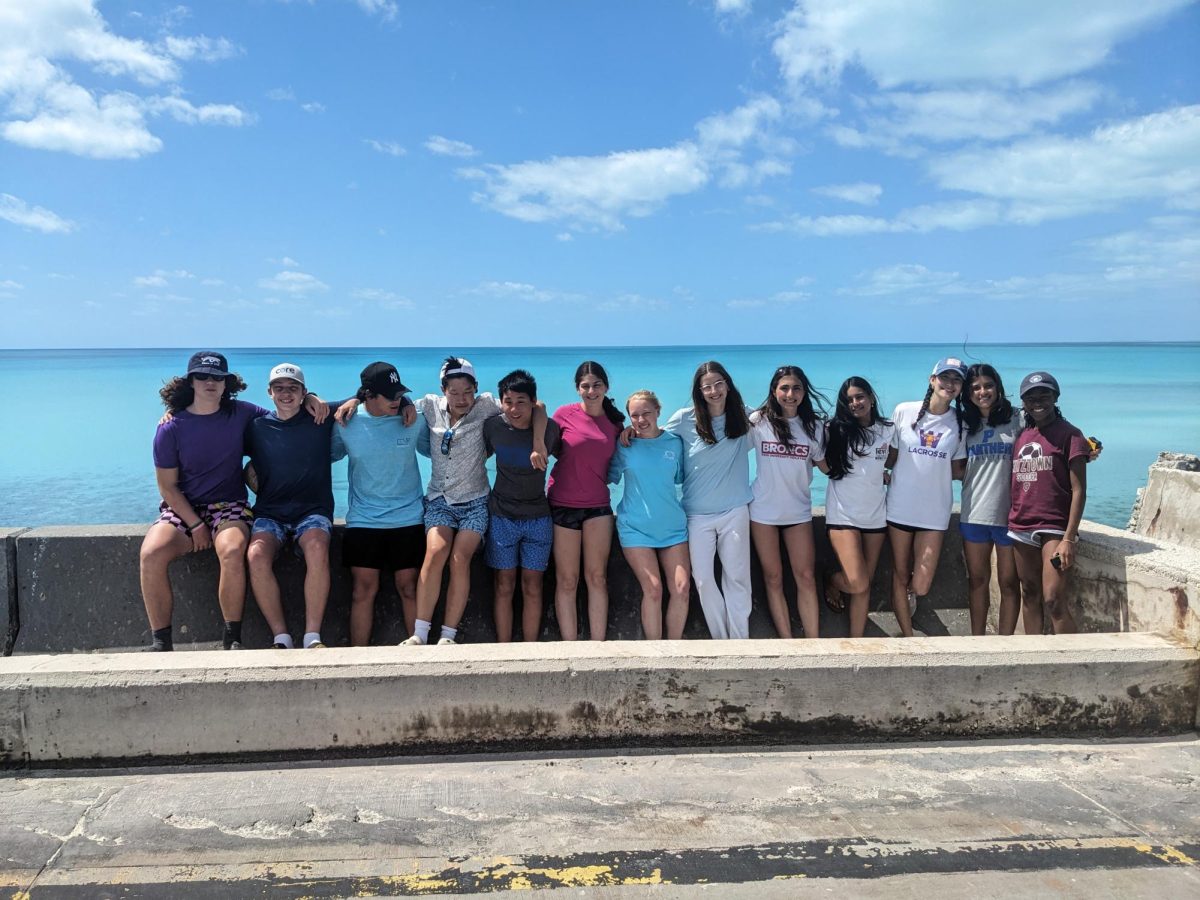


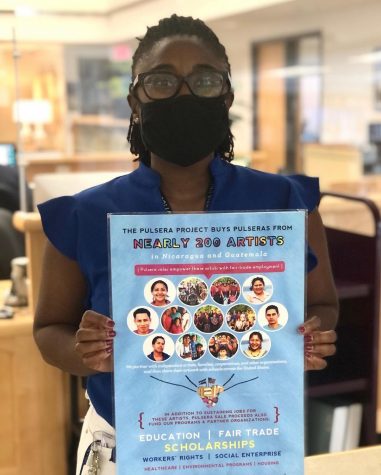
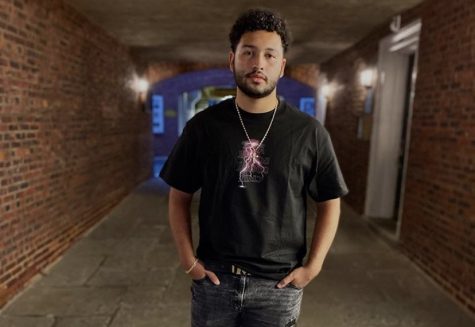
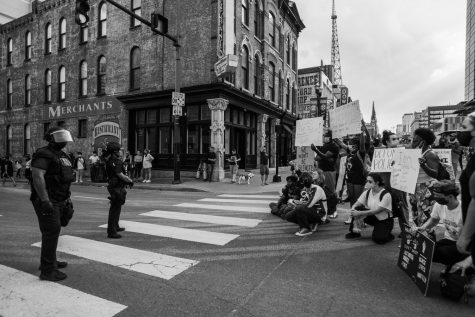
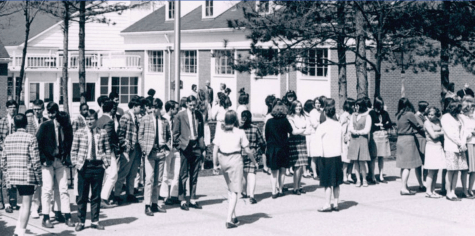
Anonymous • Nov 16, 2020 at 9:53 am
I think that the day off was more of a mental health day than anything else. This is coming from a student who remembers the day after the election in 2016 vividly — coming to school the day after that election was a waking nightmare. Students were breaking down in the hallways. Constructive discourse is necessary to sustain a healthy school community, but obviously, this discourse is not possible in such an environment. How can you communicate with others when you are still trying to work out how you feel?
And that was 2016, when we were all still in school. When the election had been called the night before. When life was normal. Nowadays, it is even more vital to have processing time — not only have our lives been shaken in profound ways, the election wasn’t even nearly over on Wednesday morning. Personally, I was up until 2 AM trying to make sense of this most unusual election, and I suspect many others were similarly sleep-deprived. I suspect that if we had school on the 4th, we would be setting ourselves up for a repeat of 2016 — except with the added pressures of a deadly virus and the inability to know any decisive winner.
I agree that it is important to discuss and process amongst peers. To attempt to do so completely alone will, eventually, trap one in a feedback loop of their own anxieties. But this depends on how you define ‘peer’. True, we are all peers within our school community, and must eventually engage with each other as such. But this engagement, I believe, can only be constructive when we have had time to process with ourselves and amongst a different kind of peer — the kind of which one would be lucky to have even a handful of. I am talking here about confidantes, people who know you on an extremely personal level and therefore are qualified to engage with you when you are as raw as I suspect many of us were that Wednesday. We are all fortunate enough to share such a tight-knit school community, but it is difficult to be on a ‘confidante’ level with TEN people, let alone hundreds.
Personally, although I was at first skeptical of the day off after the election, it helped me process my emotions and ultimately come back to school (albeit remotely) on the 5th and 6th more prepared to have necessary conversations. Having conversations when you have not processed — emotionally as well as analytically — what you are talking about is not conducive to constructive discourse. In fact, it may be harmful, fostering miscommunication and division. This is why, in my opinion, it was extremely helpful to have the day off — not because we don’t need to stand by each other during difficult and confusing times, but because it is easier to do so when we have had time to process.